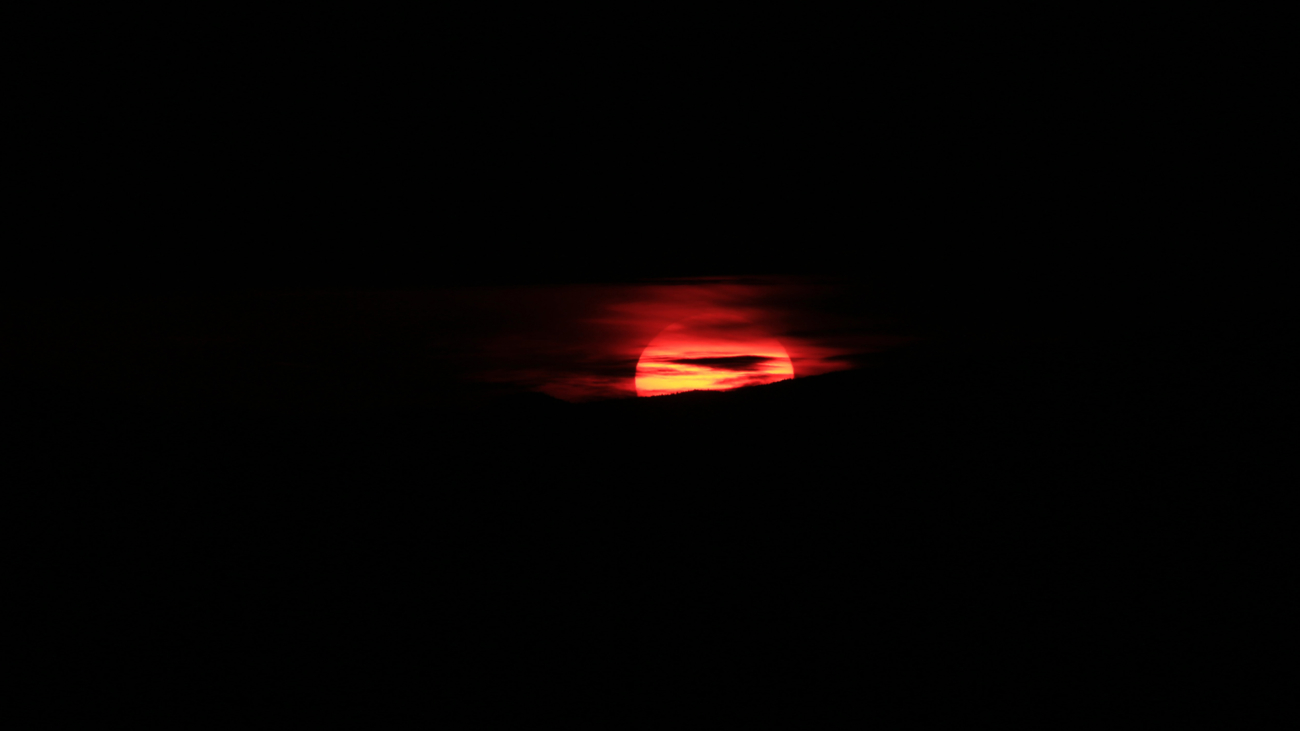One way of relating to spirituality is through belief. Christians believe things Jesus said. Thelemites believe things Crowley said. Etc.
“Beneath” that (if you’ll allow me the metaphor) there’s basic practical coping. There’s knowing how to do magic, knowing how to pray, knowing how to have character, knowing how to do your will, etc.
I have an ambivalent relationship with this procedural or practical level of spirituality. It slides easily into treating spirituality—and probably the whole universe—like a vending machine. I think it’s also problematic when people use “being practical” as an excuse for not pulling back and engaging in reflection or for not cultivating curiosity.
But all other things being equal, I do believe we are more fundamentally related to the world through our practices than through our beliefs. So in that sense I’m a pragmatist.
But I tend to pitch what I do at what I see as an even more fundamental level, which is the level where we are absorbed into the world at a perceptual level and embodied level. This is why I’ve given talks and have written articles on the importance of aesthetics to religious experience.
From the perspective of the hard-nosed pragmatists, aesthetics is a waste of time. “Where are you RESULTS?” Ehh. The achievement of results and the fulfillment of metrics implies a kind of mastery and self-mastery which I think of as ultimately masturbatory (in Crowley’s sense). Beauty is a way to suspension (epoché)—and hence to truth. So while I have a pragmatic bent to what I do, I’m ultimately more of a Platonist in the sense that I emphasize the importance of beauty as a pathway to truth.
But even more fundamental than that is our basic coupling with the world, our embeddedness in things and processes, being caught in the current to the point of being the current. This is a kind of knowing where you have no choice but to become that which you know in order to know it. This is where (like Crowley) I’m a Taoist.
This is why I’m often talking about the erotic dimension, not just of spirituality, but of life in general—and it’s why I’m not so easily jettisoning the gendered framing of spirituality. I think dynamic coupling is at the root of who and what we are, and personalizing that and explicitly gendering that can be powerful, even if we have to be careful with it.
The other language I use is that of depth: the depth of yourself hungers for the depth of the world. It’s highly sexualized, highly embodied, highly appetitive—except that neither I nor anyone else really knows what these depths are. This is beyond even erotic coupling. This is what I’m calling infinite holiness or sacredness.
There’s no way to make the depth of yourself find contact with the depth of the world. When they do make contact, they will never make contact the same way again. Every time you experience God, God will be different. This is because “change” or “Tao” goes all the way down.
What you can eventually come to see is that every object is simultaneously shining but also withdrawing into its depth. Everything, including you, is simultaneously beyond itself.
I think the opening on to that realization is the Knowledge and Conversation of the Holy Guardian Angel.
